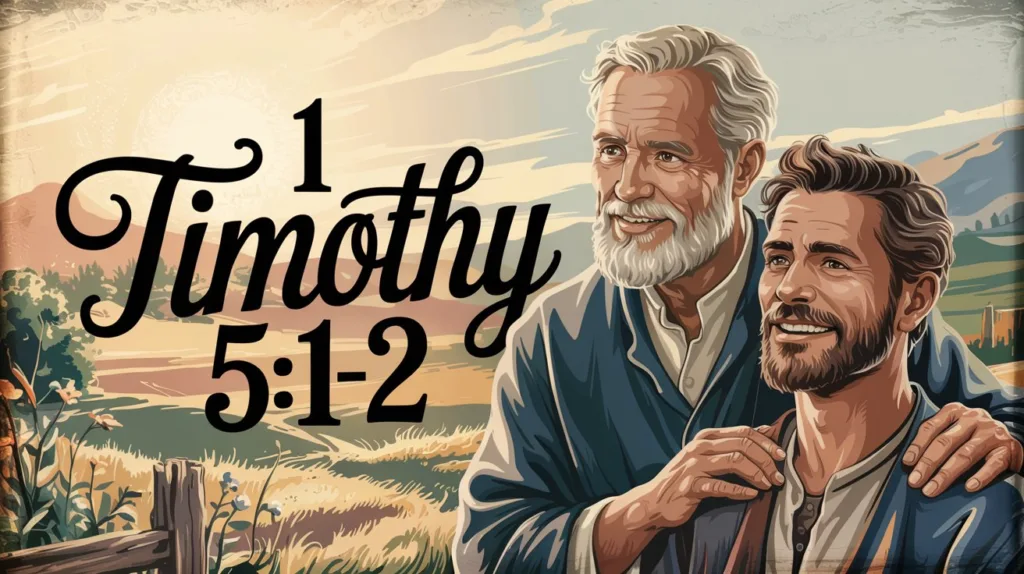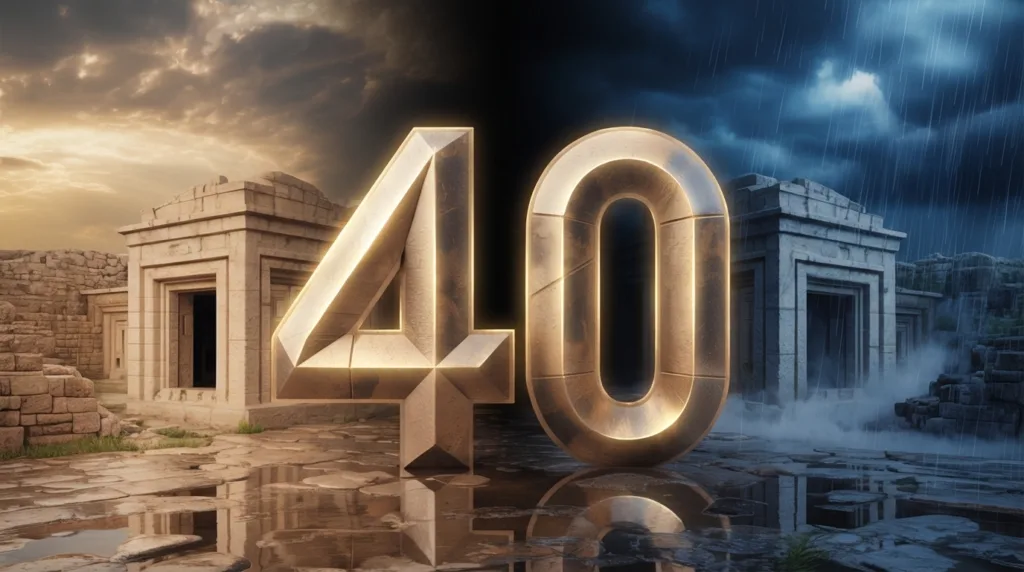The account of “casting the first stone” teaches the importance of humility, self-examination, and justice tempered with mercy. In John 8:3–11, a woman caught in adultery is brought before Jesus by the scribes and Pharisees. They cite the Law of Moses, which commanded stoning for such sin:
“Now Moses, in the law, commanded us that such should be stoned. But what do You say?” (John 8:5)
They were not seeking justice but trying to trap Jesus. If He opposed the Law, they could accuse Him of lawlessness. If He approved the stoning, they could accuse Him before Rome.
Jesus responded not with a legal verdict, but a challenge to their own conscience:
“He who is without sin among you, let him throw a stone at her first.” (John 8:7)
One by one, they left, convicted by their own guilt. Jesus then turned to the woman:
“Neither do I condemn you; go and sin no more.” (John 8:11)
Jesus did not excuse her sin but offered mercy with the command to change. The incident underscores that judgment must come from a heart of righteousness, not hypocrisy. The Pharisees were eager to condemn, yet blind to their own sin.
The lesson is not that no one can judge sin, but that only the righteous Judge (Christ Himself) can do so perfectly. His response balanced truth and grace: sin must be confronted, but sinners must be led to repentance, not destroyed.
This account reminds believers to examine themselves first, approach others with humility, and reflect the mercy God has shown to them.





 Get the book that teaches you how to evangelize and disarm doctrines from every single major cult group today.
Get the book that teaches you how to evangelize and disarm doctrines from every single major cult group today.